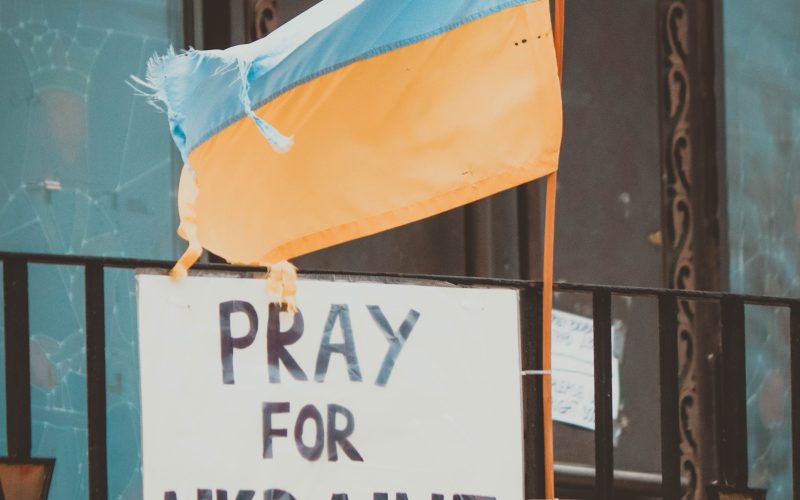Humanitarian crises are a tragic reality in today’s world, affecting millions of people who have been forced to flee their homes due to conflict, natural disasters, and other crises. The plight of refugees, displaced persons, and migrants is a complex issue that requires a multifaceted approach to address the root causes of the crisis and provide support for those affected. In this article, we will explore the current state of humanitarian crises around the world and the challenges facing those who are affected.
According to the United Nations Refugee Agency (UNHCR), there are currently over 82 million people around the world who have been forcibly displaced from their homes, including over 26 million refugees. The majority of these refugees are from countries such as Syria, Afghanistan, and South Sudan, which have been ravaged by conflict and violence. In addition to refugees, there are also millions of internally displaced persons (IDPs) who have been forced to flee their homes but remain within their country’s borders.
The situation for these individuals is often dire, as they struggle to find adequate shelter, food, and medical care. Many are also at risk of exploitation, including human trafficking and sexual violence. The COVID-19 pandemic has further exacerbated these challenges, as refugees and IDPs are often living in crowded conditions with limited access to healthcare and sanitation facilities.
In addition to refugees and IDPs, there are also millions of migrants who are seeking better economic opportunities and fleeing poverty and unemployment in their home countries. While not all migrants are fleeing a humanitarian crisis, many are forced to undertake dangerous journeys, risking their lives to reach safety.
The challenges facing those affected by humanitarian crises are numerous, and addressing them requires a global effort. This includes providing humanitarian aid and support to those affected, as well as addressing the root causes of the crisis, such as conflict and climate change. It also requires increased cooperation and collaboration between governments, humanitarian organizations, and civil society.
Despite the challenges, there are also many inspiring stories of resilience and hope among refugees, IDPs, and migrants. Many are working to rebuild their lives and contribute to their host communities, and there are countless examples of communities coming together to support those in need.
In conclusion, the humanitarian crisis affecting millions around the world is a complex and challenging issue that requires a concerted global effort. While there are no easy solutions, it is crucial that we continue to support those affected, address the root causes of the crisis, and work towards a more just and equitable world for all.












